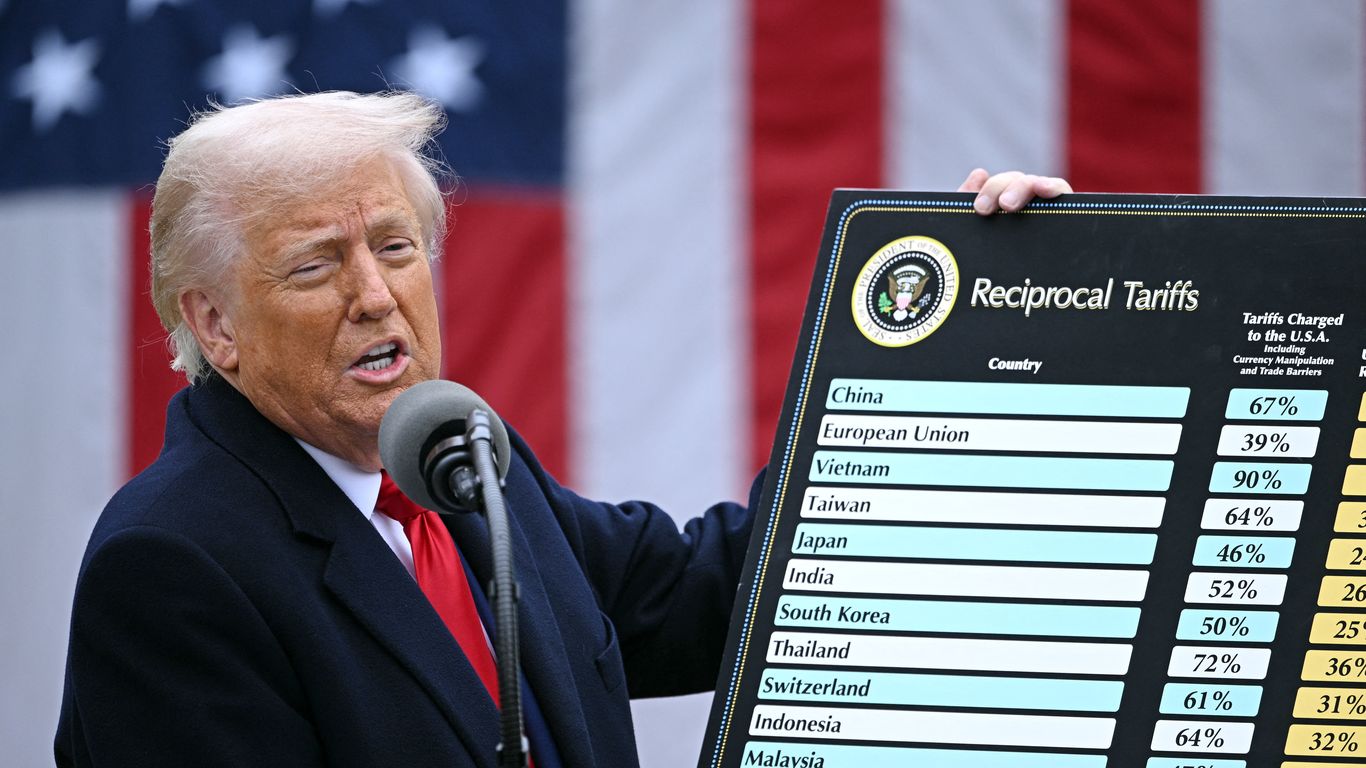
The Economic Tightrope: Navigating Uncertainty in a Shifting Landscape
The current economic climate is undeniably tense. While some celebrate a period of growth and unprecedented job creation, a growing chorus of voices warns of impending recession. This dissonance creates a confusing picture for businesses and consumers alike, leaving many wondering what the future holds. One perspective, championed by strong proponents of certain economic policies, paints a picture of revolutionary change – a restructuring of global trade that, despite short-term turbulence, will ultimately benefit the nation in the long run.
The central argument hinges on the impact of tariffs and trade protectionism. Advocates point to the potential to revitalize domestic industries, create new jobs in previously neglected sectors, and reduce reliance on foreign goods. The focus is on strengthening national self-sufficiency and reducing trade deficits. They argue that the temporary pain of market adjustments – such as price increases and supply chain disruptions – is a necessary cost to achieve lasting economic independence and resilience.
This vision, however, is met with significant skepticism from a large segment of economists and market analysts. Their concerns are multifaceted, focusing primarily on the potential for significant negative consequences stemming from these trade policies. Many fear that the imposition of tariffs, rather than stimulating domestic production, will primarily lead to higher prices for consumers, reduced purchasing power, and ultimately suppressed overall economic growth. This is particularly concerning given the interconnected nature of global supply chains; disrupting one link can have cascading effects throughout the entire system, creating instability and uncertainty.
Another key point of contention revolves around the impact on business confidence. While some businesses may benefit from increased domestic demand due to trade barriers, many others, especially those heavily reliant on international trade, face significant challenges. The uncertainty created by fluctuating tariffs and retaliatory measures from other countries can make long-term planning extremely difficult, potentially leading to reduced investment and job losses. The argument that “big business is not worried” simply doesn’t hold water for many; smaller businesses, particularly exporters, are far more vulnerable and susceptible to these changes.
The potential for a recession looms large in the background of this debate. Economists point to several indicators suggesting a slowdown in economic activity. Decreased consumer spending, slowing investment, and tightening credit markets all contribute to a climate of growing uncertainty and risk. While some argue that these are simply normal fluctuations in the economic cycle, others express genuine concern that the current policies are exacerbating these trends and increasing the likelihood of a significant downturn.
Ultimately, the question remains: is the perceived economic “revolution” worth the potential risks? The answer is far from clear-cut and depends heavily on one’s perspective and interpretation of the available data. Navigating this period of uncertainty requires a careful and nuanced understanding of the complex interplay between global trade, domestic policy, and market dynamics. The ongoing debate highlights the significant challenges inherent in balancing national economic interests with the realities of a globalized economy, a challenge that will undoubtedly continue to shape economic discussions for years to come. The coming months will be critical in determining whether this period of adjustment leads to lasting economic strength or a more significant downturn.



Leave a Reply